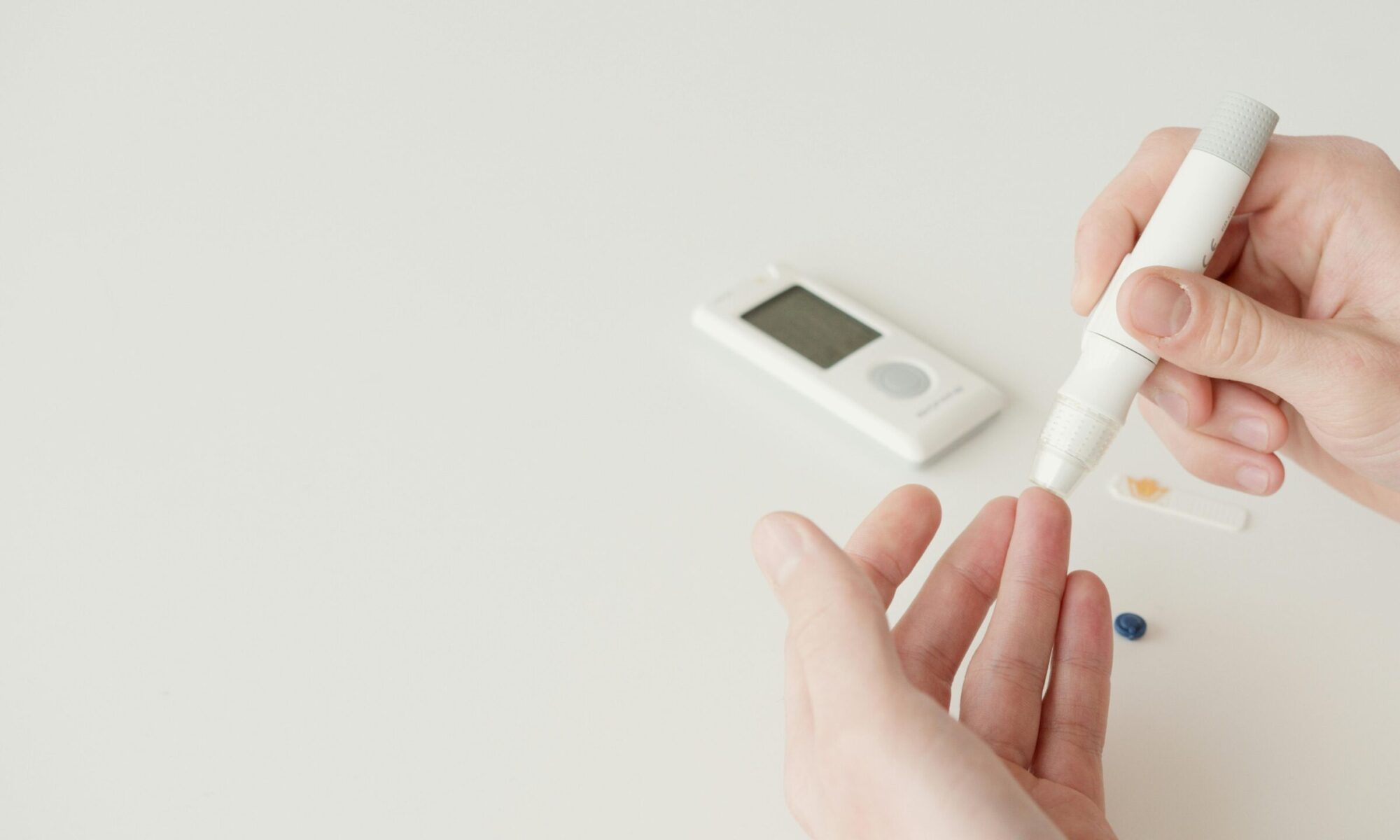Pancreas replacement, in the form of pancreas or islet cell transplantation, represents one of the most advanced approaches in treating diabetes, particularly for individuals with Type 1 Diabetes (T1D). These procedures offer a chance to restore the body’s natural ability to produce insulin, potentially freeing individuals from daily insulin therapy. This article delves into the success rates, benefits, challenges, and future prospects of pancreas replacement therapy.
What is Pancreas Replacement?
Pancreas replacement involves either a full pancreas transplant or islet cell transplantation:
- Full Pancreas Transplant: A surgical procedure where a donor pancreas is transplanted into a patient, primarily used for individuals with T1D who have severe complications or difficulty managing blood glucose with conventional treatments.
- Islet Cell Transplantation: Islet cells from a donor pancreas are infused into the recipient’s liver, where they begin producing insulin. This less invasive procedure is suitable for those who do not need a whole organ but still require insulin production support.
The Success Rates and Outcomes
Pancreas Transplant Success:
- Survival and Function: According to recent data, the success rate of pancreas transplants has improved significantly over the years. About 80–90% of patients have a functioning pancreas one year after the transplant, and over 70% maintain pancreatic function after five years.
- Insulin Independence: Many individuals who undergo a pancreas transplant become insulin-independent, achieving near-normal blood sugar control and reducing the risk of diabetes-related complications.
Islet Cell Transplantation Success:
- Initial Outcomes: Around 50–60% of recipients achieve insulin independence within the first year post-transplant. The outcomes may vary depending on factors such as the quality of the islet cells and the patient’s response to the procedure.
- Long-Term Benefits: Even if full insulin independence is not maintained, many recipients experience better blood sugar control, fewer severe hypoglycemic events, and an improved quality of life.
Factors Influencing Success:
- Donor Quality: The quality of the donor pancreas or islet cells greatly impacts the success of the transplant.
- Immune Response: Successful long-term outcomes often depend on how well the recipient’s immune system tolerates the transplanted cells or organ. Immunosuppressive therapy is required to prevent rejection but comes with its own set of challenges.
- Expertise and Medical Facilities: Outcomes improve when procedures are performed in specialized centers with experienced transplant teams.
Benefits of Pancreas Replacement
Restoration of Natural Insulin Production:
- Pancreas replacement enables the body to produce insulin naturally, reducing or eliminating the need for insulin injections or pumps.
Improved Blood Sugar Control:
- Transplants often lead to more stable blood sugar levels and better HbA1c results, minimizing the risk of complications associated with diabetes, such as retinopathy, nephropathy, and neuropathy.
Enhanced Quality of Life:
- Achieving insulin independence or even partial success in islet cell transplantation reduces the daily burden of glucose monitoring and insulin administration, leading to greater freedom and peace of mind.
Challenges and Considerations
Immunosuppressive Therapy:
- Recipients must take lifelong immunosuppressive drugs to prevent the body from rejecting the transplant. These drugs can have side effects, including an increased risk of infection and other health complications.
Limited Donor Availability:
- The availability of donor pancreases and islet cells is limited, making it difficult for all eligible patients to receive transplants in a timely manner.
Long-Term Viability:
- Over time, some recipients may lose insulin independence due to factors like immune system rejection or gradual loss of transplanted cell function.
Risk of Surgery:
- Full pancreas transplants involve major surgery, which carries inherent risks, including infection, bleeding, or other surgical complications.
The Future of Pancreas Replacement and Research
Ongoing Research:
- Stem Cell Therapy: Researchers are exploring the use of stem cells to create insulin-producing cells that could be transplanted without the need for a full organ or donor islets.
- Immune System Advancements: New therapies aimed at reducing or modifying the need for immunosuppressive drugs are in development, which could minimize side effects and improve transplant longevity.
Potential Market Availability:
- Advanced islet encapsulation technologies that shield transplanted cells from the immune system are showing promise in clinical trials. These technologies could become available within the next decade, reducing the need for immunosuppressive therapy and improving outcomes for more patients.
Pancreas replacement, whether through full organ transplants or islet cell infusions, offers hope for individuals with Type 1 Diabetes who struggle with managing their condition. While the procedures come with challenges, such as the need for immunosuppressive therapy and limited donor availability, advancements in medical research are paving the way for more accessible and effective solutions. With continued innovation, the success of pancreas replacement therapies promises to provide even more individuals with the freedom and health they deserve.
Disclaimer:
The content on this website/article is community-driven and contributed by non-medical professionals. The observations and views expressed reflect the experiences and opinions of the non-medical community. You are strictly advised to seek the advice or opinion of a qualified medical professional before considering or acting on any information, opinions, or views presented on this website.
View Count: 0 Views

